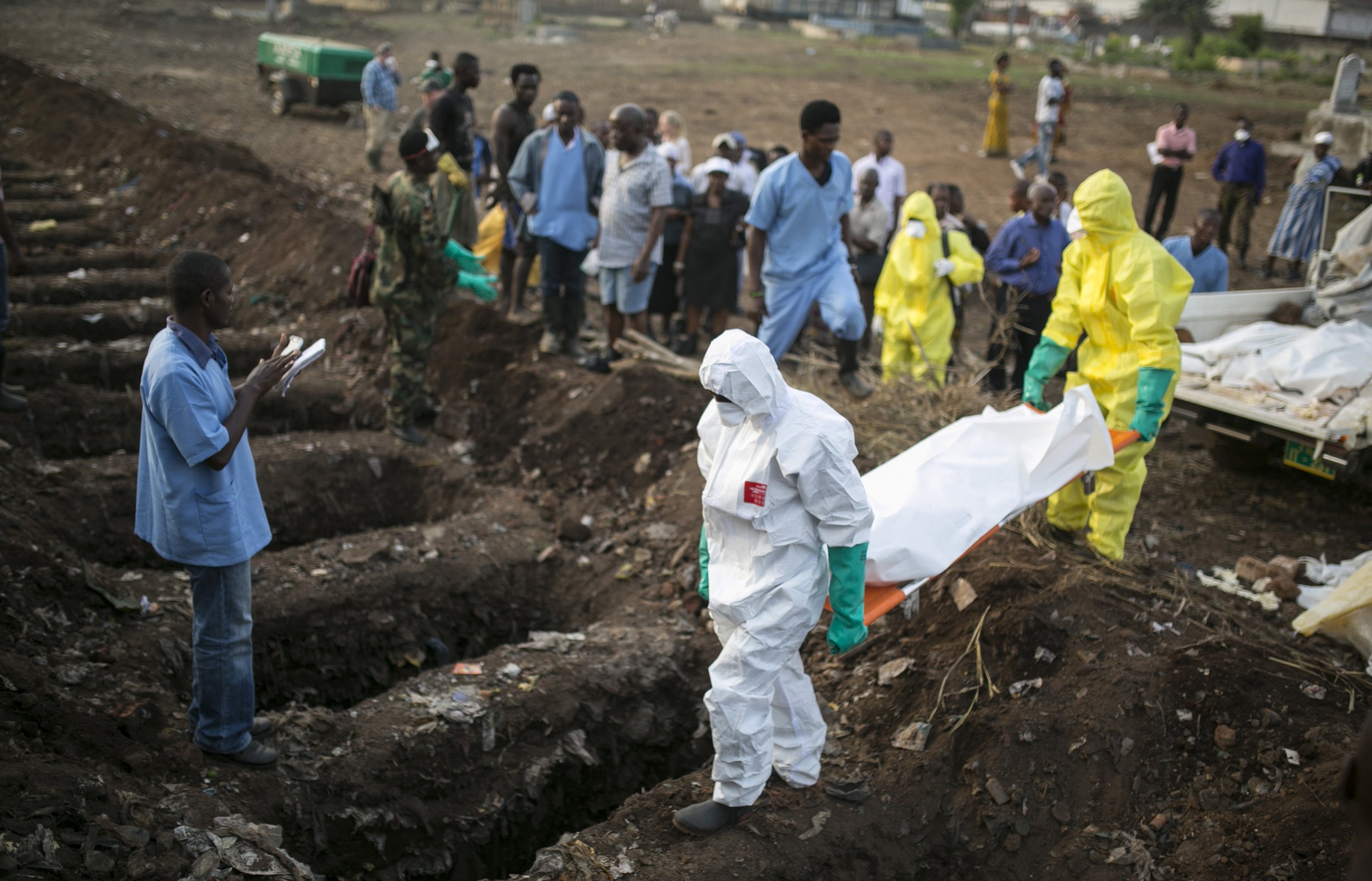
As the Ebola outbreak showed the world recently, the modern age of global air travel has made it far easier for disease to spread. But climate change, which is shuffling habitable zones for pathogen-carrying animals, is poised to make future outbreaks of infectious diseases such as Ebola, H1N1 and TB worse, and more frequent.
In an article published Sunday in the journal Philosophical Transactions of the Royal Society B, two zoologists studying parasites in drastically different environments—one in the Arctic, the other in tropical zones—relay what 30 years of research have taught them about the future of disease.
"Even though I was in the tropics and [zoologist Eric Hoberg] was in the Arctic, we could see something was happening," Daniel Brooks, a zoologist with the University of Nebraska-Lincoln, said in a press release.
As climate change caused habitats to shift or disappear for certain species, parasites would simply jump to other species, an observation that challenges conventional thinking that parasites have co-evolved with their hosts and so do not quickly adapt to a new species. "Even though a parasite might have a very specialized relationship with one particular host in one particular place, there are other hosts that may be as susceptible," Brooks said. The new parasite hosts will not have developed resistance to the species-jumping parasites, and so may be even more susceptible to the infection than the original host species, sparking epidemics more regularly.
As human communities move farther into wildlife habitat and new and more virulent strains of pathogens spread to animal species that regularly interact with humans, the rate of epidemics can be expected to increase, according to Brooks.
"It's not that there's going to be one Andromeda Strain that will wipe everybody out on the planet," Brooks said, referring to the microorganism in the 1971 science-fiction film about a deadly pathogen of that name. "There are going to be a lot of localized outbreaks putting pressure on medical and veterinary health systems. It will be the death of a thousand cuts."
Brooks says public health agencies should focus more attention on tracking these non-human disease reservoirs to anticipate new risks.
David Quammen, the author of Spillover, which darkly chronicles the evolution of human epidemics, noted at the height of the current Ebola outbreak that agencies that monitor and prevent outbreaks should be better funded, and better equipped to investigate these patters. "We should look at this outbreak in West Africa, and if we find it scary," he said, "then next time the budget comes around and Congress is talking about cutting funds for the [Centers for Disease Control and Prevention], the public should rise up and say no."
"The question is not whether there will be a Next Big One, but which virus it will be, and how bad it'll be, and how big it'll be," Quammen said. "More of these things are going to happen."
Uncommon Knowledge
Newsweek is committed to challenging conventional wisdom and finding connections in the search for common ground.
Newsweek is committed to challenging conventional wisdom and finding connections in the search for common ground.
About the writer
Zoë is a senior writer at Newsweek. She covers science, the environment, and human health. She has written for a ... Read more
To read how Newsweek uses AI as a newsroom tool, Click here.





